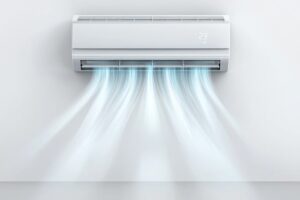Why you should keep your HVAC as long as you can
November 2024
Your HVAC system is one of the most critical components of your home or business, ensuring year-round comfort by regulating indoor temperature and air quality. While new HVAC technologies often promise greater efficiency and sustainability, replacing your existing system too soon may not always be the best move.
In this blog, we’ll explore why extending the life of your current HVAC equipment can be a smart and cost-effective choice.
7 Reasons to keep your hvac system
1. Cost Savings: Avoiding Major Upfront Expenses
Replacing an HVAC system is a significant investment, with costs often ranging from several thousand to tens of thousands of dollars. By keeping your existing equipment, you can:
- Delay Replacement Costs: Extend the life of your HVAC system and save for future upgrades without straining your budget.
- Focus on Maintenance: Routine maintenance is far less expensive than replacing the entire system, and it can keep your equipment running efficiently for years.
2. Reduced Environmental Impact
While newer HVAC systems may boast eco-friendly refrigerants and higher efficiency, keeping your current equipment is an inherently sustainable choice. Here’s why:
- Avoid Waste: Disposing of HVAC systems contributes to landfill waste and resource consumption for manufacturing new units.
- Extend Resource Use: Maximizing the lifespan of your equipment ensures that the resources used in its production are fully utilized.
In short, sustainability isn’t just about upgrading—it’s also about using what you have wisely.
3. Maximizing Your Investment
HVAC systems are designed to last anywhere from 10 to 20 years with proper care. If your equipment is still functioning well, replacing it prematurely could mean losing out on the value of your initial investment.
- Depreciation: HVAC systems depreciate over time, so replacing one before it reaches the end of its useful life could result in financial loss.
- Enhanced Lifespan: Regular maintenance, timely repairs, and occasional component replacements can help you extract maximum value from your system.
4. Improved Compatibility with Your Space
Older HVAC systems are often specifically tailored to the needs of your home or business. Over time, your current system has proven its ability to effectively cool and heat your space.
- Avoid Retrofitting Costs: Replacing an HVAC system might require modifications to ductwork or electrical systems, adding to the expense.
- Reliable Performance: A well-maintained older system is often more predictable in its operation compared to a brand-new system that might have an adjustment period.
5. Time-Tested Reliability
An HVAC system that has served you well for years is a known quantity—you understand its quirks, maintenance needs, and performance capabilities. Replacing it with a newer system could introduce:
- Learning Curves: Modern systems often come with advanced features that require time to learn and adapt to.
- Potential Bugs: Newer systems, especially those with cutting-edge technology, might experience teething issues or require frequent updates.
6. Lower Insurance and Maintenance Costs
Older systems might have lower associated insurance costs, as they are often considered less valuable to replace. Additionally:
- Established Maintenance Plans: You likely already have a routine maintenance schedule with a trusted HVAC professional, reducing the risk of unexpected failures.
- Fewer Compatibility Issues: Older systems often have readily available replacement parts, whereas new systems may require specialized, expensive components.
7. Avoiding Market Timing Risks
The HVAC market is evolving rapidly, driven by regulatory changes, environmental concerns, and technological advancements. Replacing your system today might mean missing out on better options in the near future.
- Shifting Refrigerant Standards: Current trends favor refrigerants with low Global Warming Potential (GWP). Waiting a few more years might introduce even better refrigerant options.
- Emerging Technologies: Innovations like advanced heat pumps or hybrid systems might become more accessible and affordable if you wait.
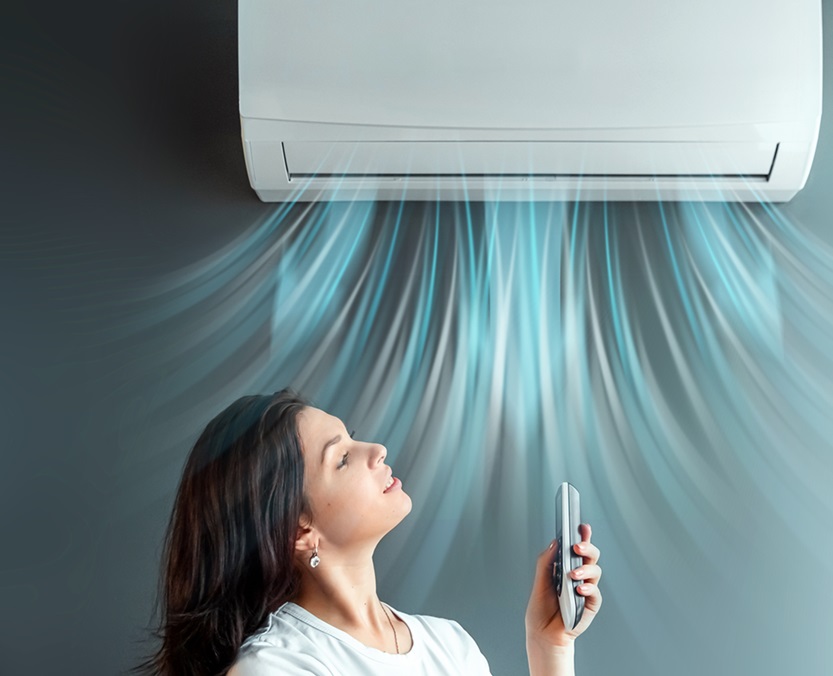
When Should You Replace Your HVAC System?
While keeping your existing system has many advantages, there are situations where replacement becomes necessary. Consider replacing your HVAC system if:
- Frequent Breakdowns: Repair costs are becoming prohibitively high or happen too often.
- Inefficiency: Your system’s energy bills are significantly higher despite maintenance.
- Incompatibility: It no longer meets your comfort needs or modern standards (e.g., for smart home integration).
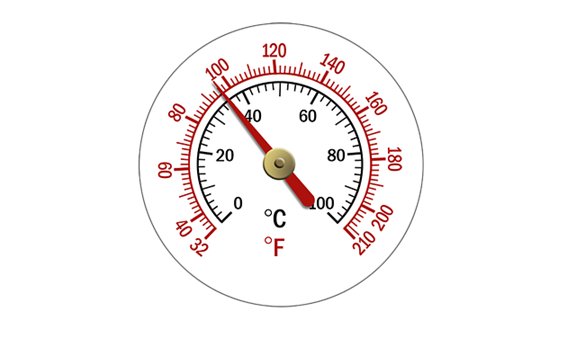
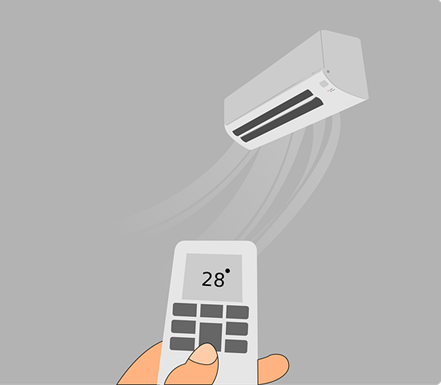
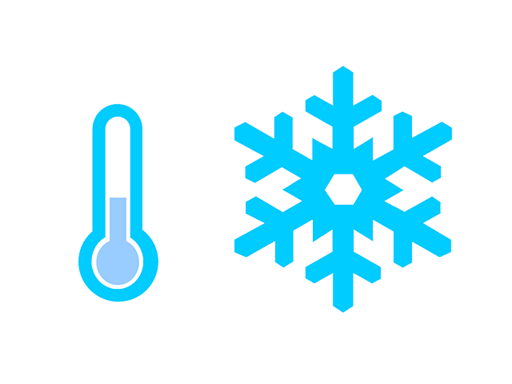
Extending the Life of Your HVAC System
To keep your HVAC equipment running efficiently for as long as possible, follow these tips:
- Regular Maintenance: Schedule professional tune-ups at least once a year.
- Replace Filters: Change air filters every 1–3 months to ensure proper airflow.
- Seal Ducts: Prevent air leaks in your ductwork to improve efficiency.
- Clean Components: Keep outdoor units free from debris and ensure indoor vents are unobstructed.
Conclusion
Replacing your HVAC system isn’t a decision to be made lightly. By keeping your existing equipment for as long as possible, you can save money, reduce your environmental impact, and make the most of your initial investment.
If your system is still performing well and meeting your needs, extending its lifespan with proper care and maintenance can be a smart move. However, when the time does come to replace it, you’ll be better positioned financially and technologically to make the right choice.




